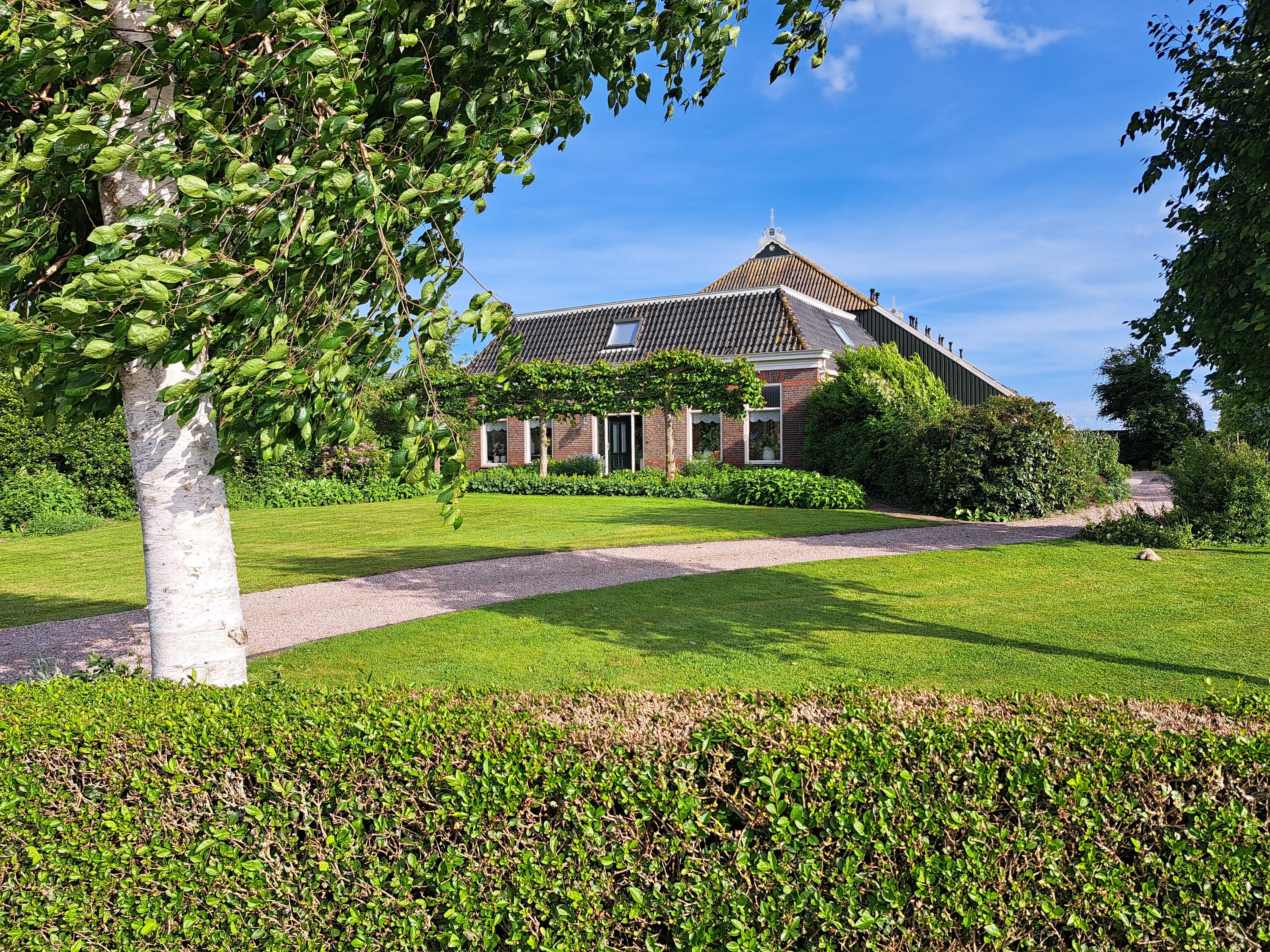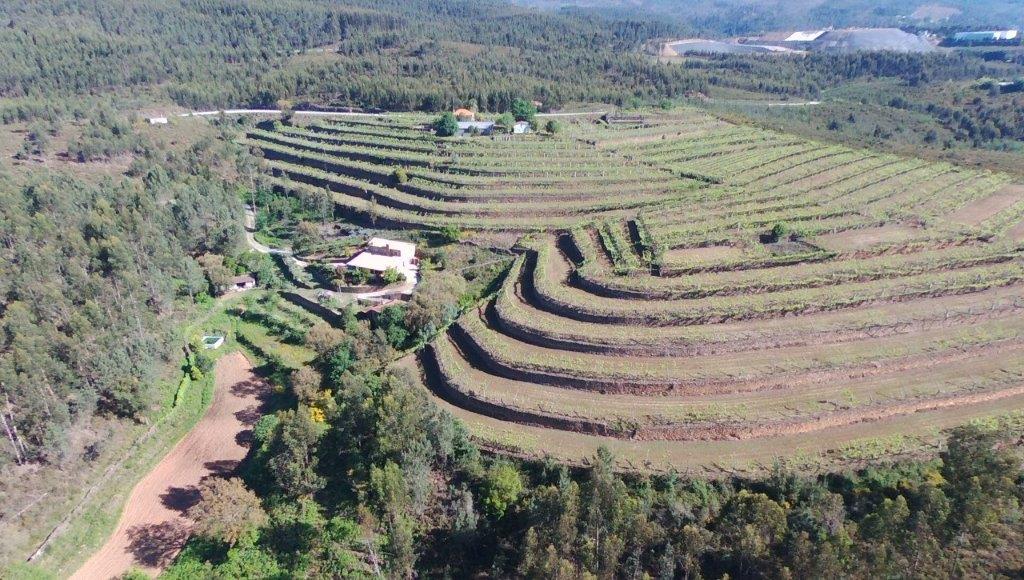General
France, located in Western Europe, is notable for its diversity of landscapes, ranging from mountains and coastlines to vast plains. Covering an area approximately 13.5 times the size of the Netherlands, it is one of the largest countries in Europe. France borders several countries, including Belgium, Luxembourg, Germany, Switzerland, Italy, Spain, and Monaco. The capital of France is Paris, one of the most iconic and culturally rich cities in the world. The country has a population of about 67 million people. The official language of France is French, which is recognised worldwide as an important language of culture, diplomacy, and literature.
Agriculture
France has a large agricultural sector, which plays a crucial role in both the economy and the culture of the country. It is estimated that there are about 450,000 farms in France, including around 80,000 dairy farms and 300,000 crop farms. These farms are generally located in rural areas throughout the country, although certain regions are known for their specific agricultural activities.
Dairy farming
Dairy farming is particularly concentrated in regions such as Brittany, Normandy, Pays de la Loire, and Auvergne-Rhône-Alpes. These regions offer fertile pastures and a mild climate, which is favourable for livestock farming. France is known for its high-quality dairy products, and the average protein content in milk is around 3.4 grams per 100 milliliters.
Crop farming
In terms of crop farming, a variety of crops are grown across France, but key regions include the grain-growing areas of Grand Est, the sugar beet fields of Hauts-de-France, and the vineyards of Burgundy, Champagne, and Bordeaux. The price of agricultural land varies greatly depending on the location and the quality of the soil, but on average, a hectare of farmland in France costs between €6,000 and €12,000.
Climate
The climate of France varies greatly from region to region due to its diverse geography. Generally, France can be divided into several climate zones, including the temperate maritime climate in the north and west, the continental climate in the east, and the Mediterranean climate in the south.
In the north and west of France, including regions like Normandy and Brittany, there is a temperate maritime climate characterised by mild winters, cool summers, and regular rainfall throughout the year.
In the east, particularly in regions such as Alsace and Lorraine, there is a continental climate with warm summers and cold winters. Rainfall is generally less frequent than in the western parts of the country.
Southern France, along the Mediterranean coast and in regions such as Provence and the Côte d'Azur, enjoys a Mediterranean climate, characterised by hot, dry summers and mild winters with little rainfall.
The mountainous regions in the southeast, such as the French Alps, have a mountain climate with cold winters and cooler summers, where precipitation mainly falls as snow during the winter months.
Social affairs
France has an extensive social system that includes various social benefits such as healthcare, education, unemployment benefits, and pensions. This system is based on solidarity and includes both public and private aspects.
France's tax system is complex and includes various taxes such as income tax, VAT, corporate tax, and local taxes. The country is known for its high tax burden, especially for higher incomes.
Self-employed individuals
Everyone who is salaried is part of the health insurance system and has a Numéro de Sécurité Sociale, which is equivalent to a registration number. For self-employed individuals, there is a common health insurance system, but pensions, disability, and survivor benefits are organised by profession. Self-employed individuals receive family allowances like salaried workers but do not qualify for unemployment benefits. The system for self-employed individuals depends on the French state. For farmers, this is the Mutualité Sociale Agricole (MSA), calculated according to tax returns.
Education
The French education system is well-structured and includes both public and private schools at various levels, including preschool, primary school, secondary school, and higher education. The country is known for its emphasis on academic excellence and has a long tradition of prestigious universities and colleges.
Religion
Religion plays a diminishing role in France, which was once predominantly Roman Catholic. Today, the country is secular, with freedom of religion and the separation of church and state. In addition to Catholicism, there are significant numbers of people who follow Islam, Protestantism, Judaism, and other religions, as well as a growing number of people who identify as non-religious.


